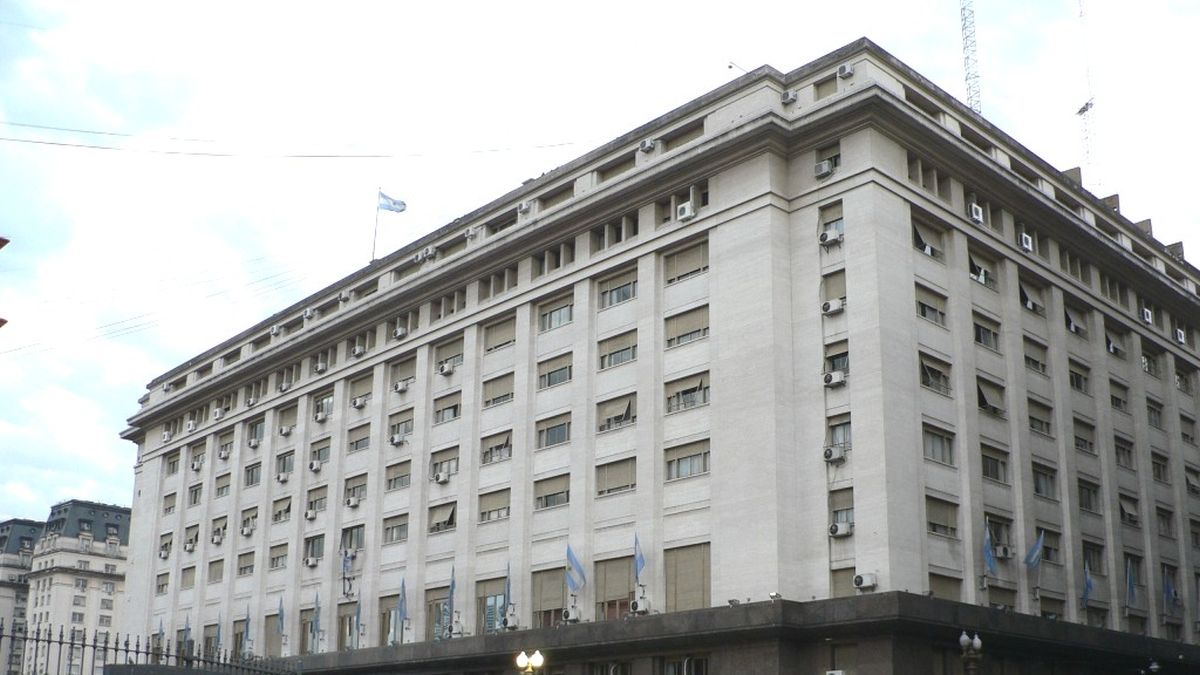A new decline marked the deficit of the “Services” account of the Exchange Balance last month, falling to levels of 330 million dollars. This represents a drop of 9% compared to June and 69% compared to net outflows for the same month of 2022.
There is no doubt that this performance is related to the lower level of mischief of some foreign trade operators, who even caused, months ago, a slap on the wrists of the technical staff of the International Monetary Fund (IMF) to the negotiating mission of the Treasury Palace.
It is that the technicians of the Fund looked with astonishment at the Argentine numbers of the external sector and compared them with those of the rest of the world. Specifically, they saw how payments for Freight and Insurance exceeded, once the pandemic ended, the parameters of the rest of the countries where, for example, there was a notorious decline in the cost of freight.
However, Argentina behaved as if it were from another planet, with other levels of international costs. So far this year, the sector has accumulated a deficit for service payments of 3,872 million dollars, which is 36% less than what was observed in the same period of 2022. A reliable proof of the persuasive effectiveness of the new regulations, the greater controls and inspection, on certain maneuvers related to the imported Services.
The Central Bank (BCRA) points out that the improvement of last July is mainly linked to the drop in gross expenses, both those for “Freight and Insurance” (458 million dollars) and those for “Travel and tickets” (94 million dollars) and those of “Business, professional and technical services” (28 million dollars).
In year-on-year terms, Freight and Insurance fell 85%, while Travel and Tickets fell 12% and Professional Services 30%. For the BCRA, the observed fall was basically due to the provisions of Communication “A” 7746, of April 20, which established new measures to finance the payment of imports of professional services and freight between related companies.
Likewise, at the end of July the application of the PAIS tax was established for a large part of the imports of services, with a rate of 25% (in the case of freight, 7.5% is applied and health and education services remain the same). exempt).
On the other hand, gross revenue from Travel and Tickets totaled 163 million dollars, which means an increase of 13% per month and 337% year-on-year. “This increase occurred within the framework of the provisions of Communication “A” 7630 of November 3, 2022, where, in order to boost foreign currency income from receptive tourism, it was resolved to exclude from the market settlement requirement of changes to the income of funds with non-resident cards, charges for tourist services contracted by non-residents and for charges for non-resident passenger transport services”, explains the BCRA. It is worth remembering that this allows recipients to apply a higher exchange rate to card purchases in the country by non-resident tourists.
On the other hand, gross expenses for this concept totaled 700 million dollars, showing an increase of 2% compared to the previous month and a fall of 12% compared to July 2022. Thus, the result of July was explained by the net expenses for “Travel, tickets and other card payments” and “Freight and Insurance” for 537 million dollars and 60 million dollars, respectively.
These foreign currency outflows were partially offset by net income from “Business, professional and technical services” and “Other Services” of US$238 million and US$30 million, respectively.
Source: Ambito




